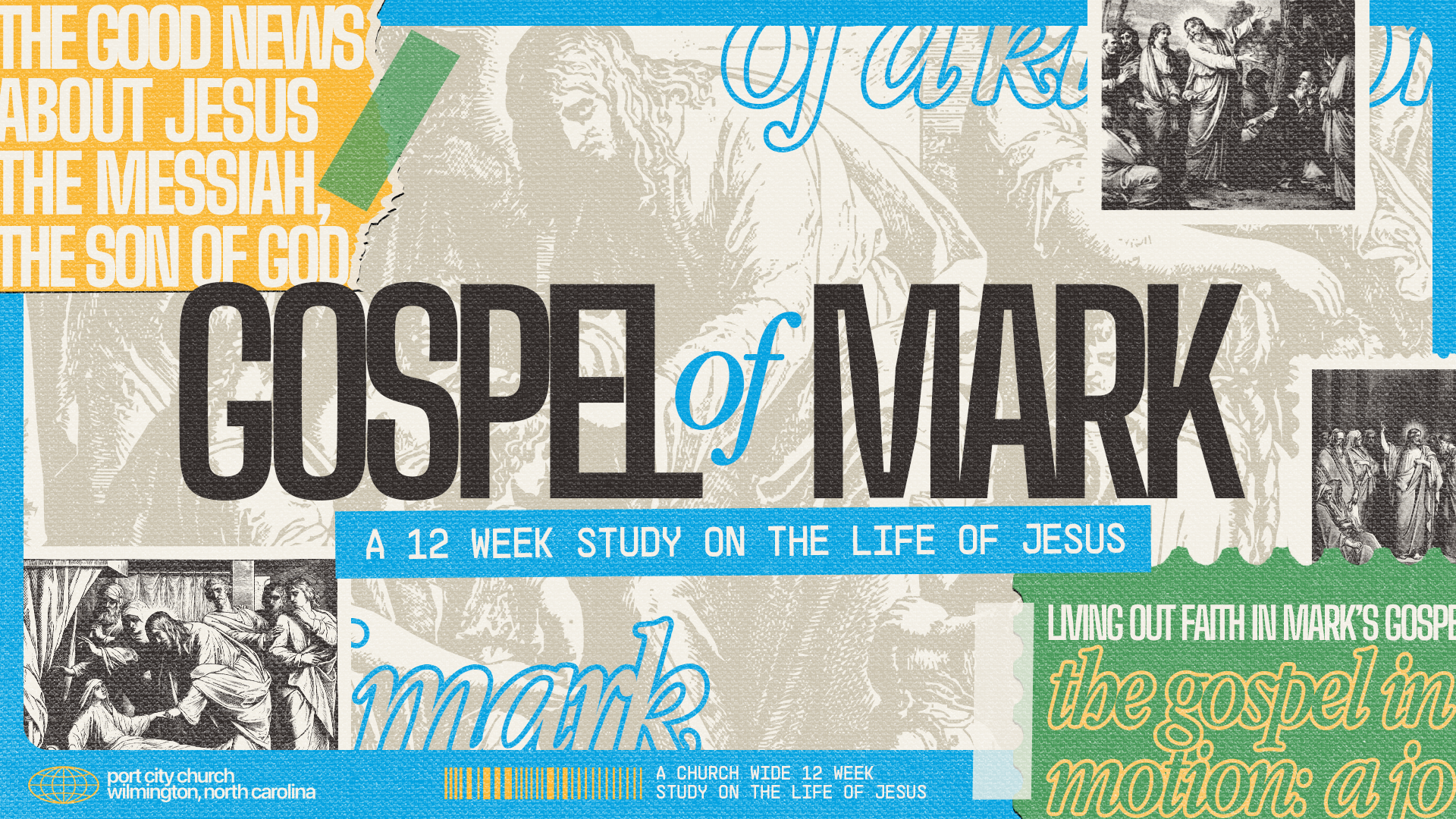The Cornerstone
READ
In today’s passage, Jesus tells a story that probably made his listeners uncomfortable – but it's one that can speak to us today, too.
Let’s take a moment to read Mark 12:1-12:
Jesus then began to speak to them in parables: “A man planted a vineyard. He put a wall around it, dug a pit for the winepress and built a watchtower. Then he rented the vineyard to some farmers and moved to another place. At harvest time he sent a servant to the tenants to collect from them some of the fruit of the vineyard. But they seized him, beat him and sent him away empty-handed. Then he sent another servant to them; they struck this man on the head and treated him shamefully. He sent still another, and that one they killed. He sent many others; some of them they beat, others they killed.
“He had one left to send, a son, whom he loved. He sent him last of all, saying, ‘They will respect my son.’
“But the tenants said to one another, ‘This is the heir. Come, let’s kill him, and the inheritance will be ours.’ So they took him and killed him, and threw him out of the vineyard.
“What then will the owner of the vineyard do? He will come and kill those tenants and give the vineyard to others. Haven’t you read this passage of Scripture:
“‘The stone the builders rejected has become the cornerstone; the Lord has done this, and it is marvelous in our eyes’?”
Then the chief priests, the teachers of the law and the elders looked for a way to arrest him because they knew he had spoken the parable against them. But they were afraid of the crowd; so they left him and went away.
REFLECT
Jesus' audience would have immediately recognized this as a story about themselves. In the Old Testament, Israel was often described as God's vineyard. The religious leaders were supposed to be faithful caretakers, but throughout history, they had rejected and sometimes killed the prophets God sent. Now, Jesus was revealing that he was the Son, and he knew exactly what they planned to do to him.
Sure enough, within days of telling this story, Jesus would be arrested and crucified. The religious leaders, entrusted with caring for God's people, would reject God's own Son.
But here's where Jesus adds a surprising twist. He quotes Psalm 118: "The stone the builders rejected has become the cornerstone." In other words, the Son they would kill would become the foundation of something new. Through his death and resurrection, Jesus would create a new community where outsiders become insiders, and the vineyard is given to "others" – a community that would include people from all nations.
So what does this ancient story mean for us today? First, it reminds us that everything we have is on loan from God. The vineyard was fully equipped by the owner – the tenants hadn't created anything themselves, yet they acted like they owned it all. How often do we treat our time, talents, money, and relationships as if they belong exclusively to us rather than as gifts from God that we're meant to steward well?
Second, it asks us to consider how we respond when God's message challenges us. The tenants didn't just ignore the owner's messages – they actively fought against them. When something in the Bible makes us uncomfortable or calls us to change, do we welcome it or resist it? Most importantly, how do we respond to Jesus himself? The religious leaders understood enough about Jesus to feel threatened by him, but not enough to follow him. They wanted control more than they wanted a relationship with God.
Here's the beautiful irony of Jesus' teaching: when we surrender control to God, we actually find true life. The rejected stone becomes the cornerstone of something amazing. When we acknowledge Jesus as the rightful heir and align our lives with his kingdom, we discover we're part of something far greater than anything we could build on our own.
Today, take a moment to reflect: Where might you be acting more like an owner than a steward? Where are you resisting God's message or messengers? Remember that this story isn't meant to make you feel guilty – it's an invitation to recognize Jesus as the cornerstone and find your place in the incredible building project God is working on.
RESPOND
Take a moment to process what God might be leading you to do in light of what you read.
What areas of your life do you tend to hold onto most tightly, treating them as if they're fully yours rather than entrusted to you by God?
How might your perspective change if you viewed yourself as a steward rather than an owner?
REST
Take a moment to rest in God’s presence and consider one thing you can take away from your time reading, then close your devotional experience by praying:
Father, thank you for entrusting me with so many good gifts in this life. Help me to hold them with open hands, remembering that everything ultimately belongs to you. Soften my heart to receive your correction, and give me the courage to follow your Son even when it means surrendering control. Make me a living stone in the beautiful building you're creating. Amen.

